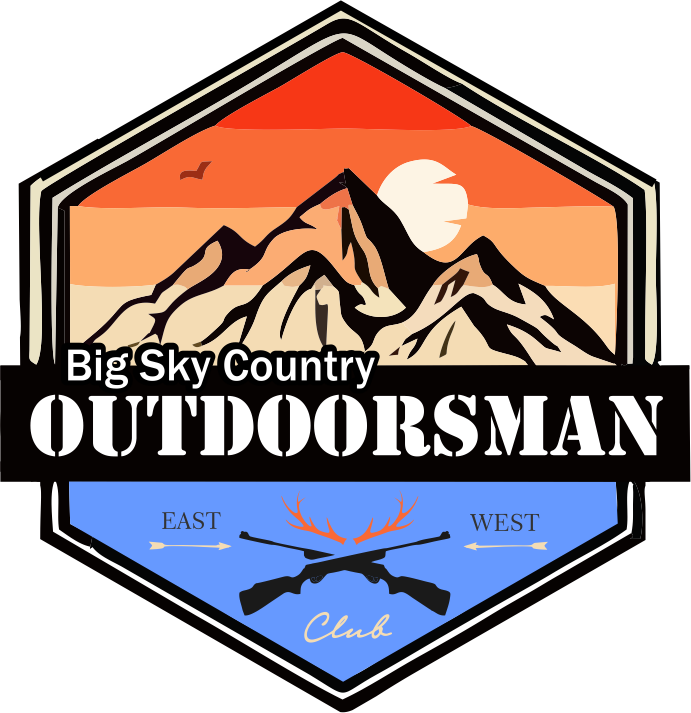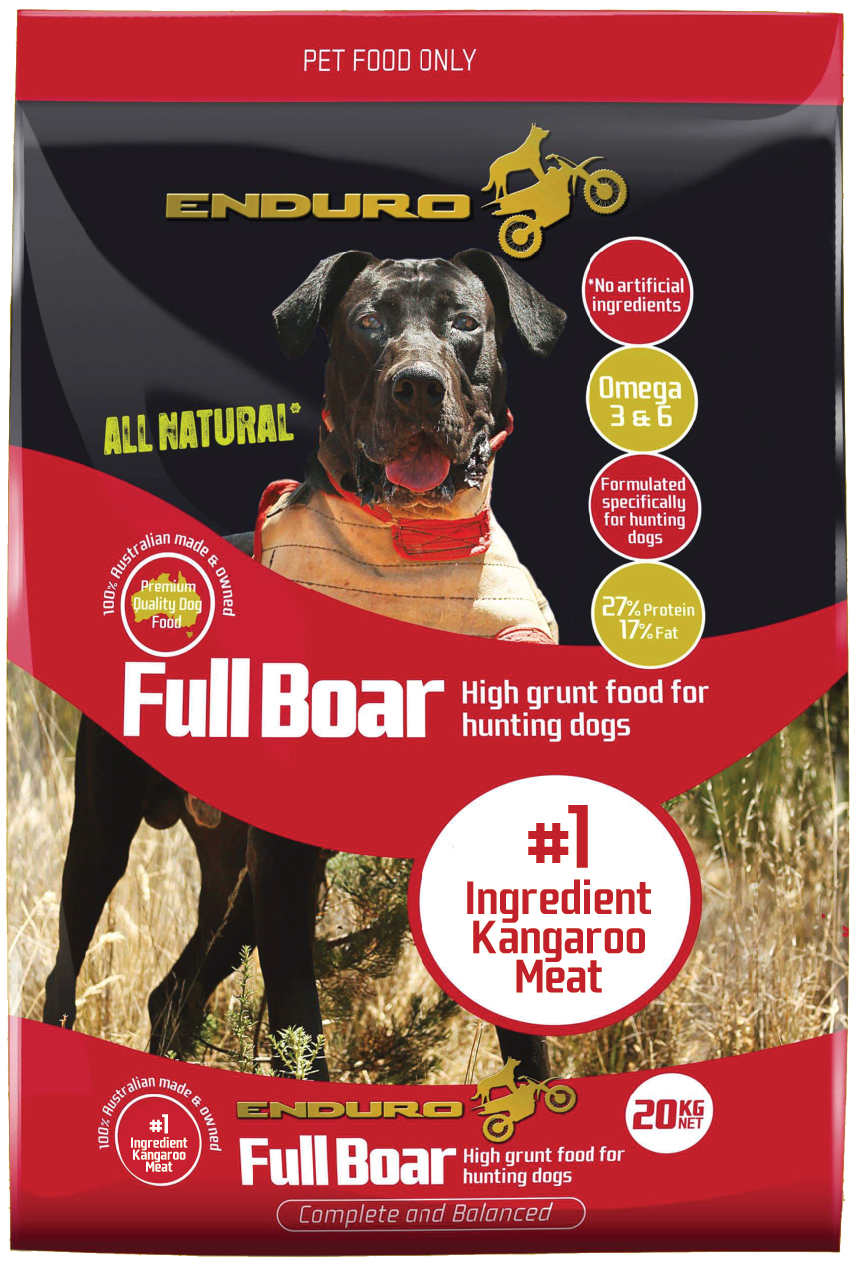Our Blog
How To Feed Your Hunting Dogs
WHEN NOT TO FEED (OR GO LIGHT)
You wouldn’t start out a hunting day on an empty stomach. Should your dog? Probably. It may seem kind to feed your dog before hitting the field. Gunzer recommends otherwise.
“That can be a bad practice,” he says. “That morning food won’t digest properly. It will sit there in the gut, unavailable for the dog’s use, and drawing blood away from the dog’s muscles and to its stomach. It will weigh the dog down, and it could also cause torsion and bloating issues.”
“If the dog is on a morning feeding routine and you think they need it, be sure make that meal as light and early as possible,” he says.
FEEDING DURING THE HUNT: GOOD OR BAD?
An energy boosting snack, and lunch, are good ideas for active human hunters. What about canine bird chasers? The recommendation is similar to breakfast time: Go easy, or better yet, don’t feed at all.
Hard-core realities aside, that’s a hard thing to do when you’re sitting there mowing a sandwich or sitting in a café. “Some expert trainers and longtime hunters will say that handful of kibble – maybe a quarter cup of the dog’s usual fare — can be okay midday,” says Gunzer. “That may be more for your feelings though,” he adds.
“A bite or two of your sandwich probably won’t hurt and it may make you and the dog feel a little better,” adds Gunzer, “but it probably won’t improve performance.”
How to feed your hunting dogs
When it comes to feeding our hunting dogs, it is natural to give all the care and attention. The amount of nutrients needed for a hunting dog depends on a number of factors, each with a variable weight. The first is the age and intensity of the activities that the dog normally does, of course, depending on the period of the year we refer to.
Other factors to consider are health, periods of gestation in the case of females. Last but not least, the characteristics of the weather in times when we go out on the ground, with particular reference to extreme temperatures, positive or negative. Whether it’s dry food / granular or wet / canned food, its main components. In general, including here also the one for hunting dogs, are proteins, lipids / fats, carbohydrates and microelements.
Main components
Proteins are needed to grow, maintain and restore muscles. They must be of good quality, from animal origin.
Fat provides the bulk of the energy needed for an active dog. The more active it is, the higher the need for fat in the dog’s diet. The required amount of fat decreases in proportion to the age and the level of activity of the dog.
Carbohydrates give some of the energy needed by the dog’s body, and here it should be taken an outlook that different types of carbohydrates digest differently. Young, very active dogs need carbohydrates that digest quickly, thus making the necessary energy available to their body more quickly. Older and overweight dogs does not necessarily require a rapid rate of carbohydrate digestion, the rate of their activity is usually slower.
maximum performance, dogs need, regularly, a balanced food with a proportion of 30% protein and 20% fat. On the dedicated market, this food ballance is fully available. Food with a ratio of 24-26% protein and 12-16% fat is usually very good for hunting dogs, considering that going out on the field, hunting, means 2-3 days a week. Special attention, with regard to food, should be given to growing young dogs and pregnant bitches, but also to overweight dogs. In these cases, the vet’s advice is welcome and important.
Hunting dogs – Quality of food
Particular attention must be paid to the quality of food components. Even if the ratio of the components meet the requirements, their low quality may affect dog’s metabolic rate and, implicitly, their actual availability for the animal body. The superior quality of food ingredients comes naturally, with a high price. As anywhere else, we get the quality we pay. It is not appropriate to let us be impressed and deceived by the commercials that present, “on offer”, dog’s super-diets at mini-prices! The care and the attention for dog food is entirely our responsibility. Our four-legged partners who accompany us to the hunt deserve all the mindfulness!


Facebook Comments